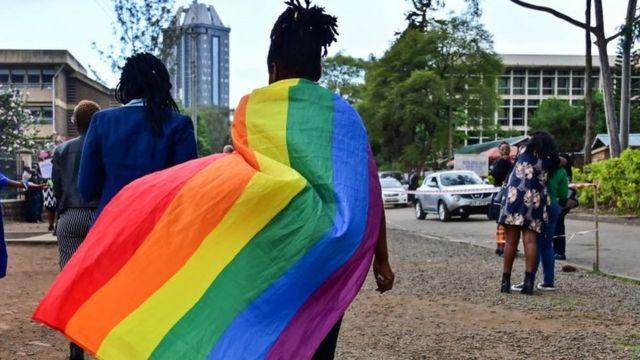Ghana faces $3.8b loss from World Bank over anti-LGBTQ+ bill – Ministry of Finance
Failure to address this financing gap could jeopardize the government’s ability to meet its 2024 budgetary targets and potentially derail the ongoing IMF-ECF Programme, posing a severe challenge to Ghana’s economic stability and development efforts.

The Ministry of Finance has raised alarms over the significant financial repercussions that could befall Ghana should President Nana Akufo-Addo sign the controversial anti-LGBTQ+ bill into law.
According to a detailed brief released by the Ministry, the enactment of this legislation could lead to a substantial withdrawal of financial support from major international financial institutions, including the World Bank.
- Advertisement -
The brief states that Ghana risks losing an estimated $3.8 billion in critical financing from the World Bank over the next five to six years if the bill receives presidential assent.
- Advertisement -
This forecasted loss includes a direct hit to the 2024 fiscal year, with potential losses amounting to $600 million in budget support and an additional $250 million intended for the Ghana Financial Stability Fund.
The Ministry of Finance warns that such financial setbacks could severely impact Ghana’s foreign exchange reserves and the stability of its exchange rate, given that these funds are instrumental in bolstering the nation’s reserve position.
- Advertisement -
Outlined in the brief are several key financial supports at risk, including the pending $300 million from the First Ghana Resilient Recovery Development Policy Operation, and another $300 million from ongoing negotiations for a second Development Policy Operation.
Furthermore, negotiations for $250 million to support the Ghana Financial Stability Fund, along with the disbursement of $2.1 billion for ongoing projects, and the preparation of new projects totalling $900 million, are all in jeopardy.
The Ministry cautions that the potential fallout from losing these financial inflows would necessitate a swift government response, including increased domestic revenue collection and significant cutbacks in spending.
Failure to address this financing gap could jeopardize the government’s ability to meet its 2024 budgetary targets and potentially derail the ongoing IMF-ECF Programme, posing a severe challenge to Ghana’s economic stability and development efforts.
Source:thenewsbulletin24
- Advertisement -



